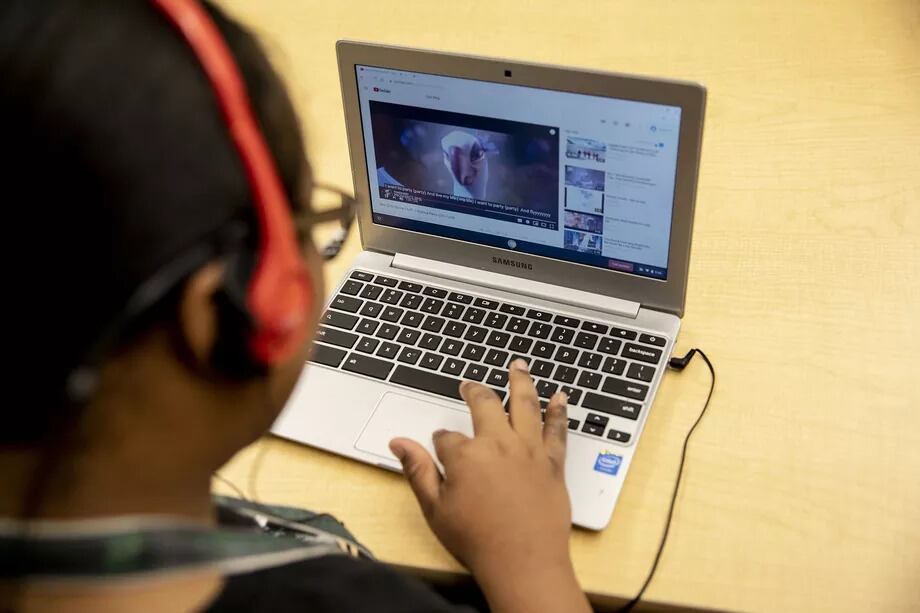New York City’s public school system educates 227,000 students with disabilities — more children than Houston’s entire school system.
In the past, THE CITY and Chalkbeat have asked for your help to investigate learning differences, special education and other challenges in New York City schools.
And with your aid we’ve reported on what students with disabilities have been experiencing during the pandemic. In numerous other stories, we’ve shed light on gaping flaws in the city’s special education system — everything from lack of quality reading instruction to a bureaucracy that struggles to meet legal mandates for basic services.
Now we want to dig deeper into how parents, teachers and students are solving or dealing with these challenges themselves. We also want to examine how systems in other cities are working to mitigate the common problems affecting special education.
We believe there is no better way for us to identify potential solutions than to do what we did before: ask parents and teachers, and anyone else associated with the special education system in New York public schools for help. Tell us what’s working and what’s not — and what you think needs to be done
During a time when thousands of special education students are missing out on crucial services, the teams at Chalkbeat and THE CITY want to use our coverage to connect people to resources and to any potential solutions we find.
The few minutes you take to fill out the survey below will go a long way to informing the reporting of our two newsrooms as we investigate how to fix a system in crisis.






